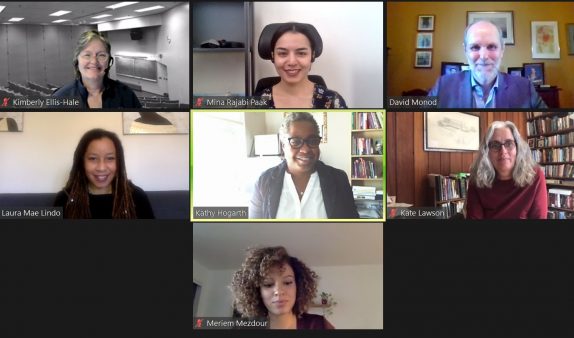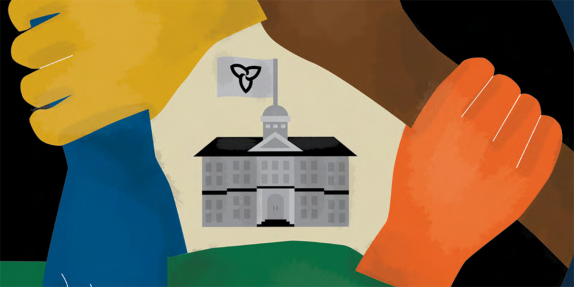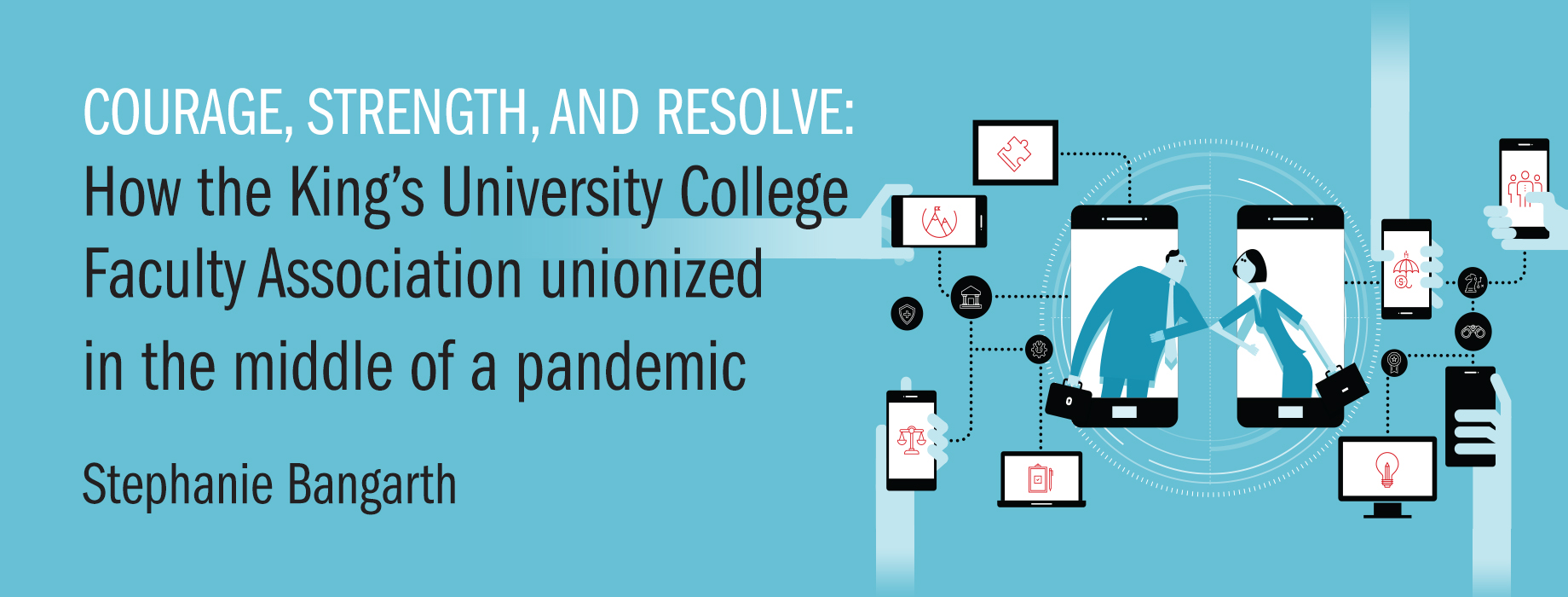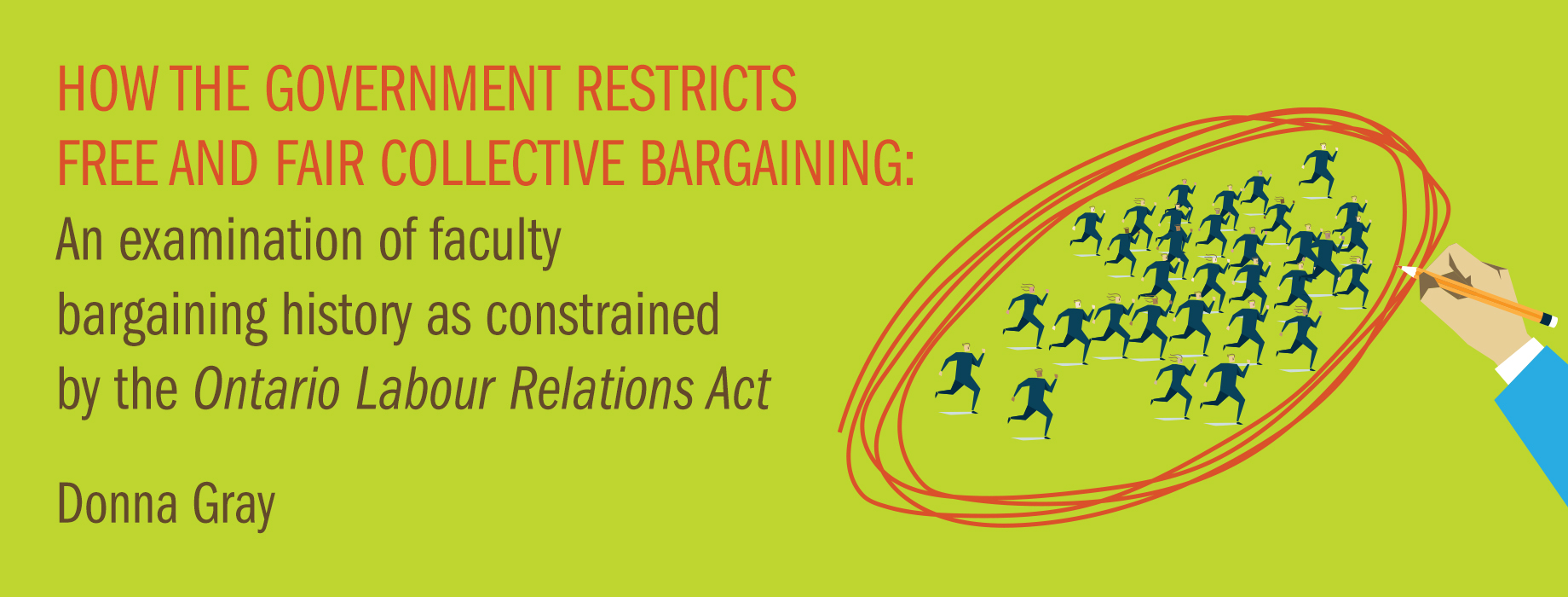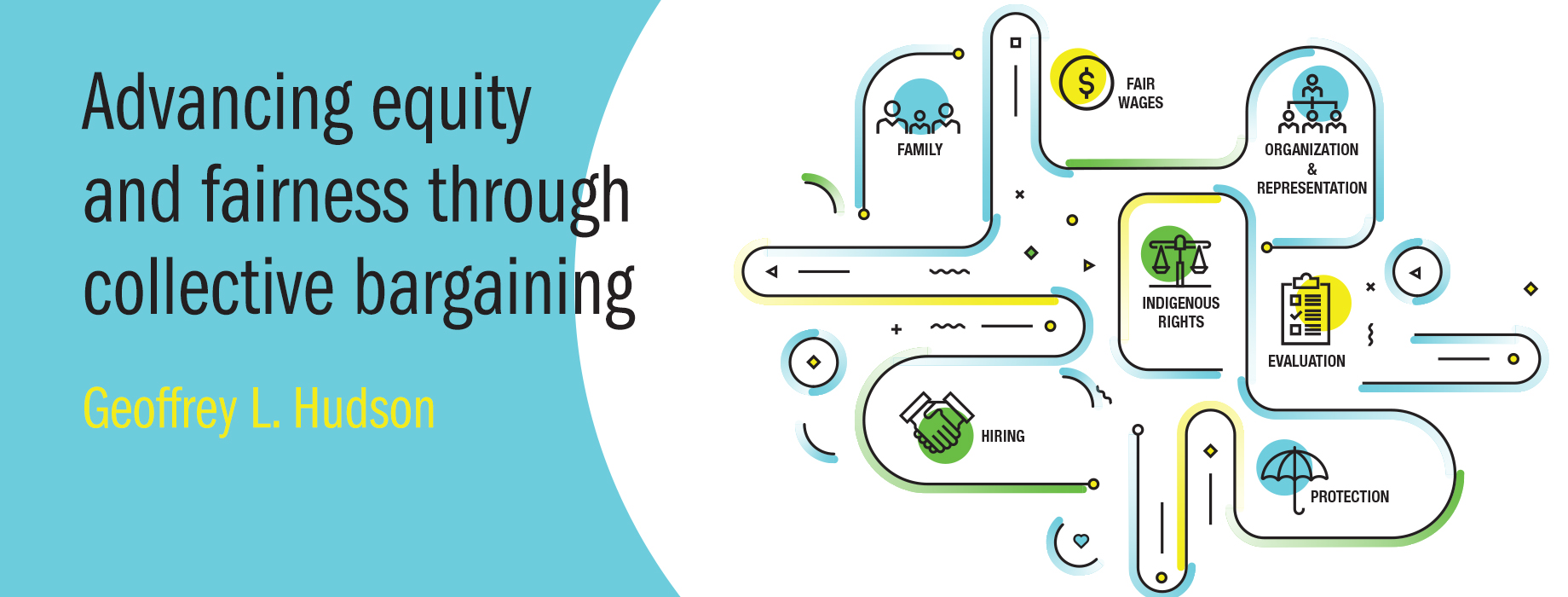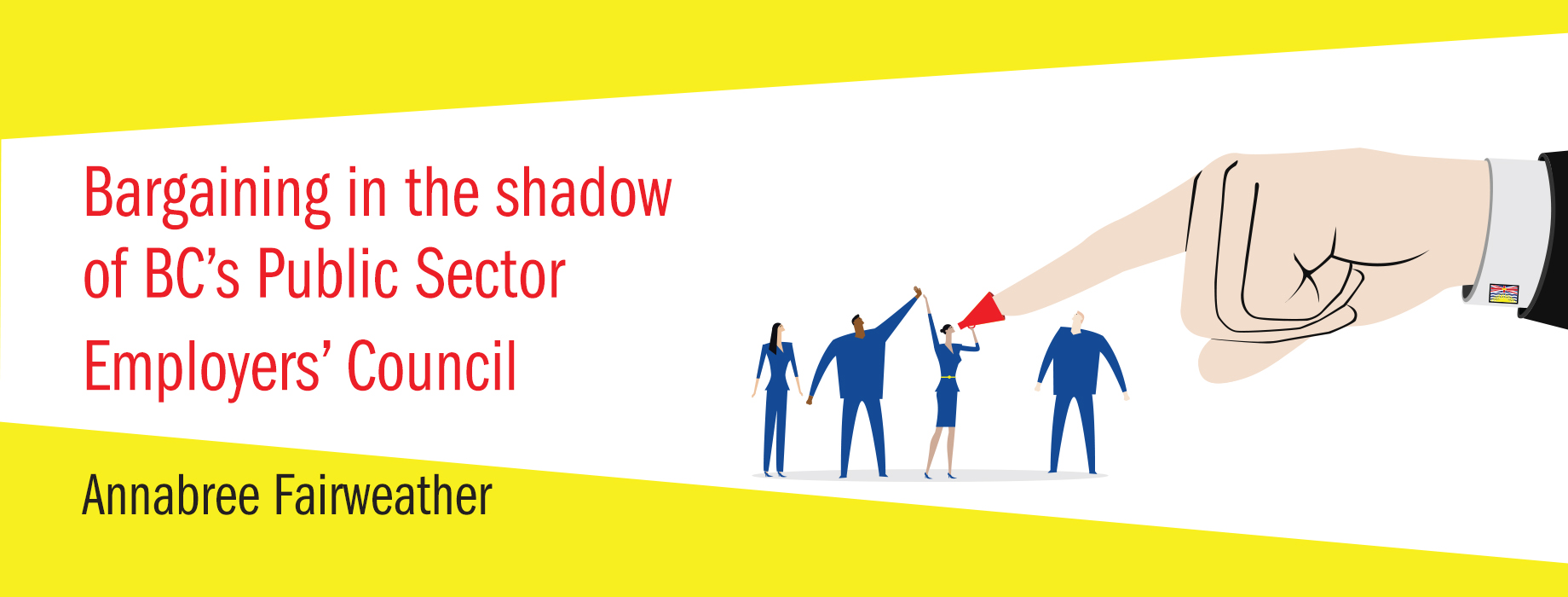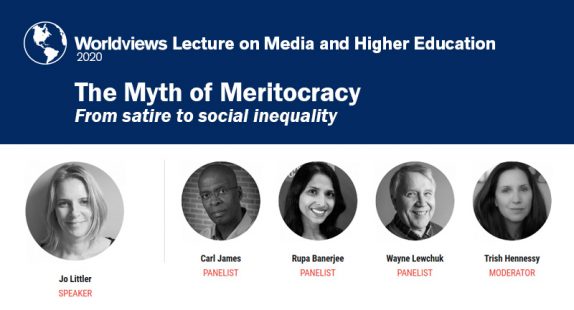
There is more to Academic Matters than just the print issue. New articles are being added to the Academic Matters website every week. Here are some recent articles you might find interesting:
Indigenization through collective bargaining: Lessons and ideas for academic staff associations
By Spy Dénommé-Welch and Larry Savage, Brock University
“In June 2020, members of the Brock University Faculty Association (BUFA) ratified a new collective agreement that contained important contract provisions designed to advance measures aimed at restoring and renewing Indigenous practices and knowledge systems. The union’s bargaining breakthrough on Indigenization was rooted in…”

University of Windsor’s Delta Chi fraternity under investigation for racism in student chat rooms
By Chantelle Cruzat-Whervin
“The University of Windsor has come under increased scrutiny as it has been revealed that student members of the Delta Chi fraternity, which was active on campus, engaged in racist behaviour within private Facebook chat rooms. The Facebook messages involved racist jokes such as…”
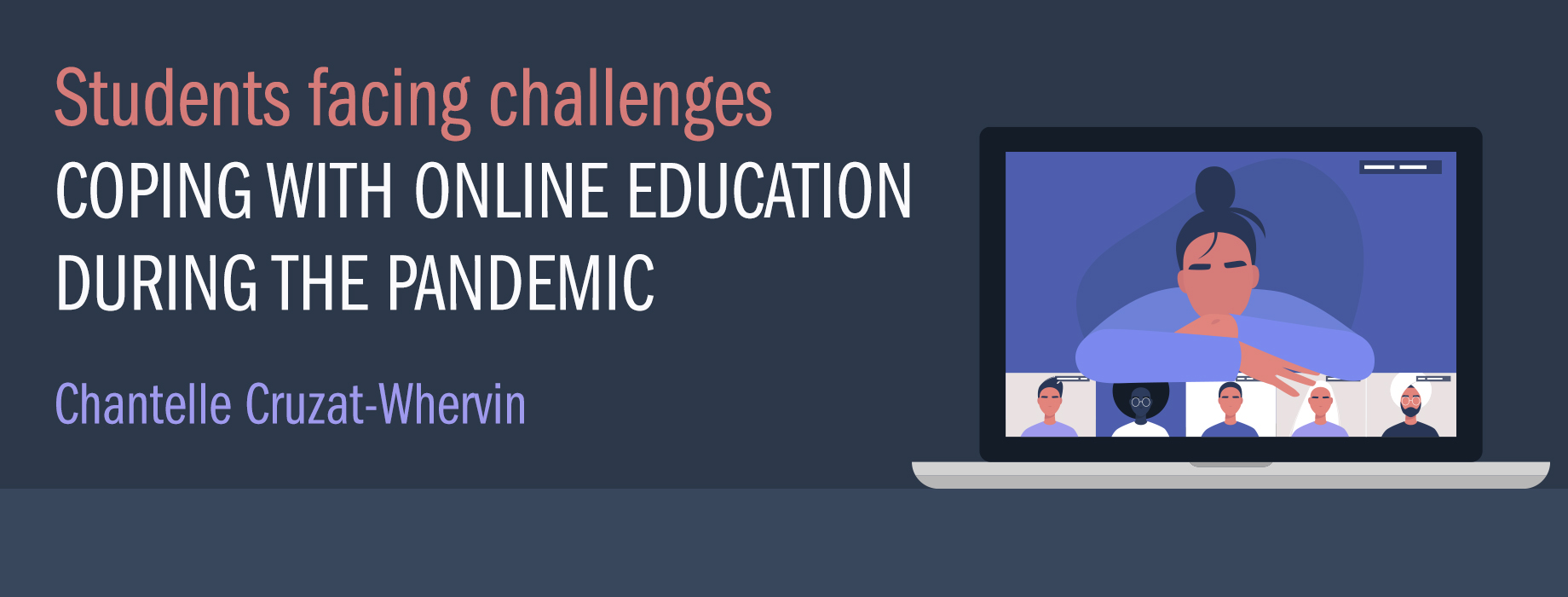
Students facing challenges coping with online education during the pandemic
By Chantelle Cruzat-Whervin
“For those attending and teaching post-secondary education, there has been significant adaptation required during the pandemic. With classes over videoconference being the new normal and student-professor meetings happening via email or through the screen, it has been challenging for all those involved. Students…”
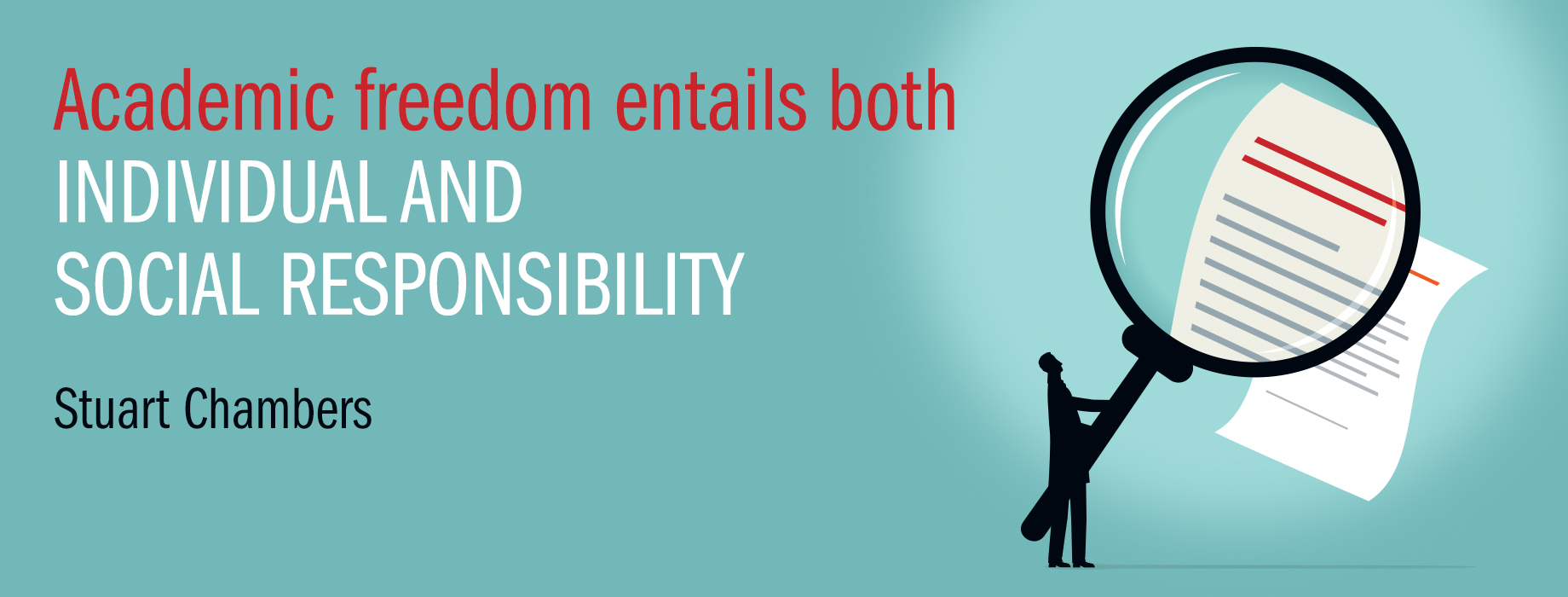
Academic freedom entails both individual and social responsibility
By Stuart Chambers, University of Ottawa
“Periodically, professors drop their commitment to objective truth to pursue political agendas. When this occurs, they become prisoners of their own ideologies. In a publication by Professors Ole Wæver and Barry Buzan, the authors reveal that some scholars within critical studies deliberately mislead readers by…”

“And some, I assume, are good people”: US international student recruitment and neo-racist nativism
By Dale Kirby, Memorial University of Newfoundland
“Prior to the COVID-19 pandemic, the number of international students enrolled at Canadian colleges and universities had steadily increased in recent years. At Canadian universities, international student enrolment more than tripled between 2008 and 2019, and over the past decade Canada has become one…”
Four reasons to deny university status to Canada Christian College
By David Seljak, St. Jerome’s University
“Ontarians have opposed the Ford government’s legislation to give Canada Christian College university status and the ability to offer Bachelor of Arts (BA) and Bachelor of Science (BSc) degrees due to college president Charles McVety’s cozy relationship with Premier Doug Ford and…”
Online exam monitoring can invade privacy and erode trust at universities
By Bonnie Stewart, University of Windsor
“The health risks posed by COVID-19 mean most Canadian university classes are online this year. As a result, some students will write exams online via remote proctoring platforms that surveil their activities. These tools go by names like ProctorU, Examity, Respondus and Proctorio…”
What’s the purpose of university? Your answer may depend on how much it costs you
By Achala Gupta, University of Surrey
“The COVID-19 pandemic has brought the university sector under greater scrutiny. In some cases, this has prompted new conversations about the purpose of higher education. These have included the extent to which universities are upholding their commitment to public service, and whether the current…”
Half of Ontario’s medical schools are now named after wealthy donors
By Najib Safieddine, University of Toronto
“With the September announcement of a record $250-million donation to the University of Toronto’s medical school, renamed the Temerty Faculty of Medicine, three of the six medical schools in Ontario are now named after wealthy donors. Should we simply celebrate philanthropic donations to…”
Outdoor education at universities can be a positive legacy of COVID-19
By Jean-Philippe Ayotte-Beaudet, Université de Sherbrooke
“Universities have faced major planning challenges due to COVID-19. While there has been significant media coverage about universities offering students online learning, what has been less discussed is how some activities have continued in face-to-face settings. My research is concerned with outdoor…”





